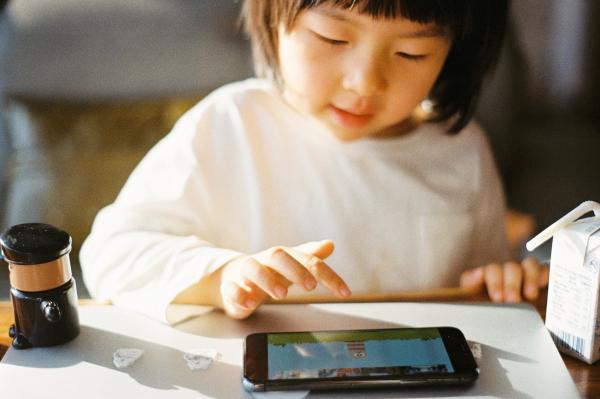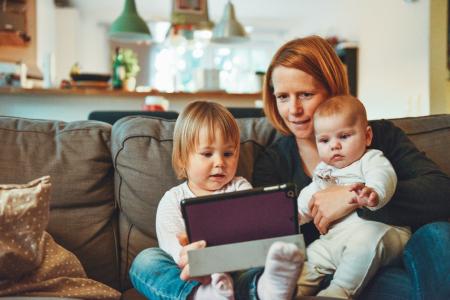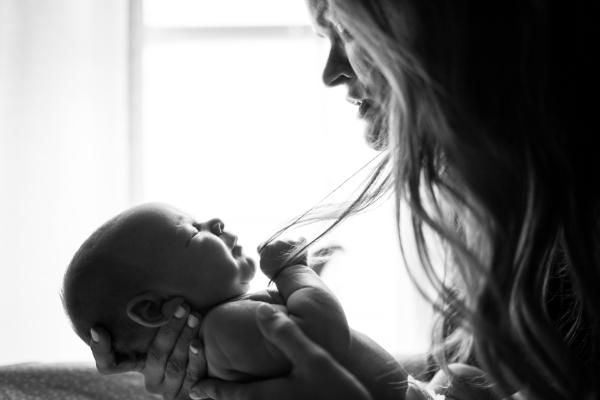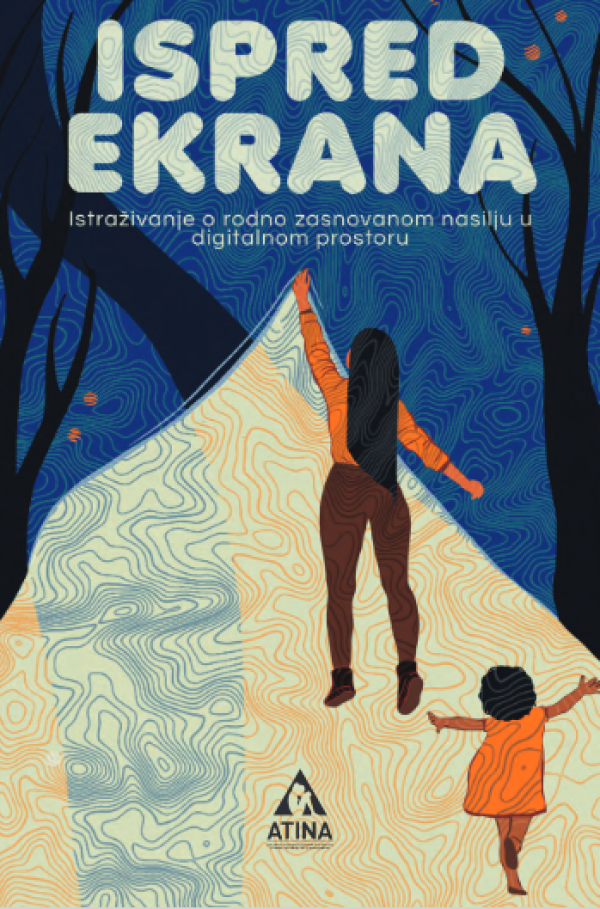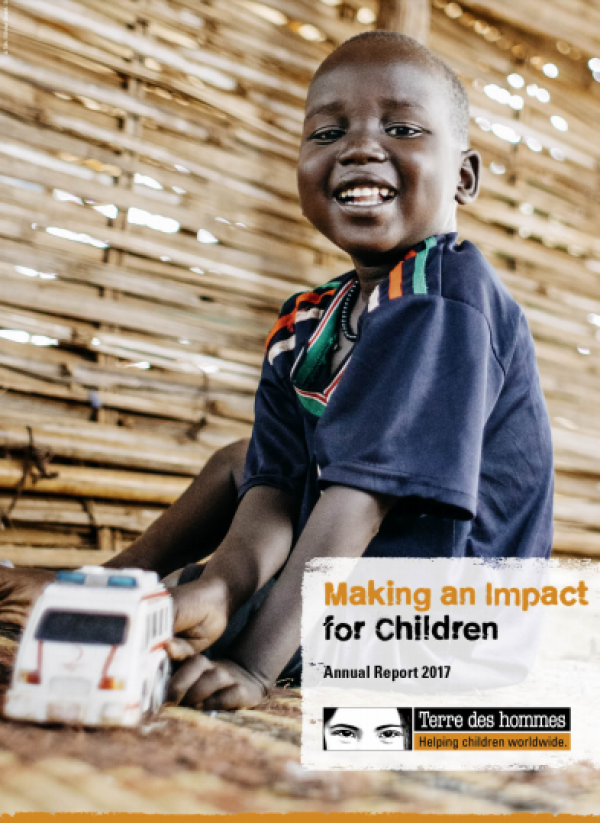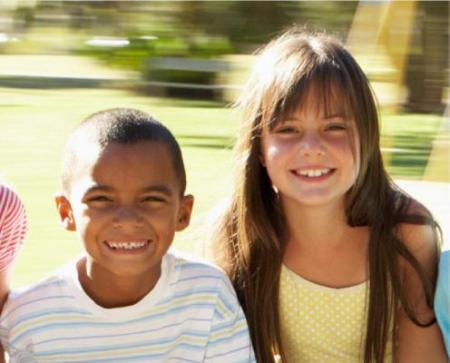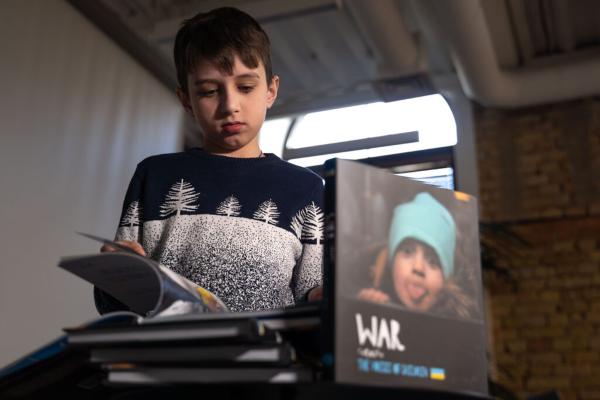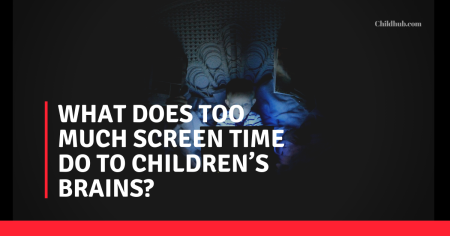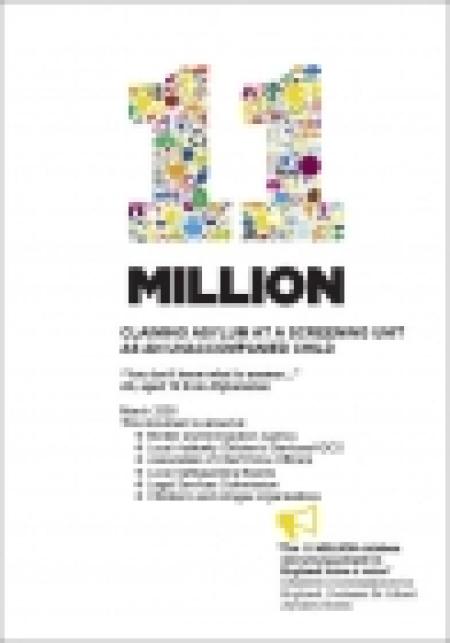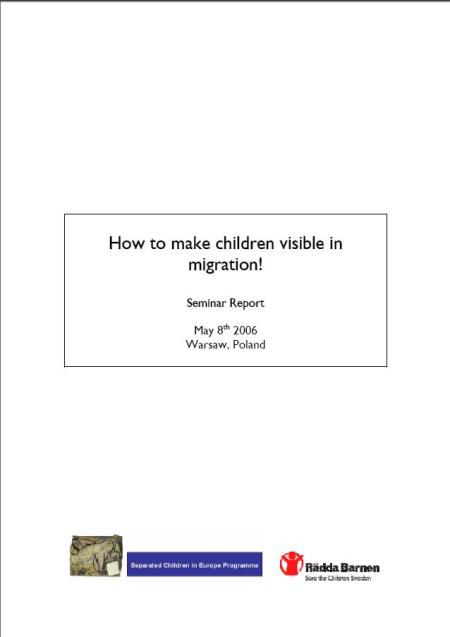
Catherine Draper, associate Professor at the University of the Witwatersrand, writes for The Conversation about the issues COVID-19 pandemic poses for managing time children spend in front of screens.
Studies around the world show that children of all ages spend their time in front of screens more than ever before, which raises concerns on the impact this has on their social development and mental health.
Organizations such as the WHO recommend the following:
- No screen time for children under the age of two
- Maximum 1h a day for 2–5-year-olds
- Maximum 2h a day for children over five years of age
The ways in which parents and caregivers can keep their children’s screen time at healthy levels is by:
- Making sure children are watching useful and quality content while using screens
- Work on in-person time spent together with a child (this can be as simple as talking and singing together)
- Set up screen time rules in your household (e.g. no screentime while eating, one day a week with no screens etc.)
- Most importantly – no screens before bedtime
Link

You might like..
0
146
Screen time refers to the amount of time spent on any and all electronic devices. Concerns regarding screen time have been around for a while, as studies have shown too much screen time can pose a risk to a child's mental health.
How much…
0
78
Gaps and barriers that childcare professionals face when screening for violence and acting in a trauma-informed way
Childcare professionals as privileged observers
Children between 0 and 3 years of age spend most of their time with their family,…
0
7
Most conversations about children and screen time focus on a particular age-range, such as young children, tweens, or teens. This webinar will connect the dots between early excessive screen use and youth media addiction. Join experts Cris Rowan,…
0
53
NGO "Atina" is coming out with the latest research entitled "In front of the screen" on gender-based violence in the digital space.
624 girls aged 18 and 19 from 24 high schools from Belgrade, Nis and Subotica participated in this research…
yes
0
2
Terre des hommes (Tdh) published their annual report for 2017. In 2017 Tdh helped more than 3 million children and their relatives in 48 countries around the world. Through projects in protection, health, and humanitarian aid Tdh improved living…
0
13
The Children’s Rights Action Group (CRAG) is a partnership of International NGOs including the authors of this position: Eurochild, the European Juvenile Justice Observatory, Plan International, Save the Children, SOS Children’s Villages, Terre des…
0
129
ECLIPS project (“Enhancing the Capacity to combat child abuse through an Integral training and Protocol for childcare professionals”) with four partners worked together to publish a Screening and Referral Protocol. It aims to raise awareness and…
0
32
Eurochild member from Ukraine Voices of Children Charitable Foundation has published a book with 100 emotional quotes from children and a report featuring key problems and needs of Ukraine's children The book of…
0
22
The Child and Youth Protection Center of Zagreb and Brave Phone conducted the first national research on preschool children in front of small screens. The survey was conducted in kindergartens throughout Croatia during 2016 and 2017, and the results…
0
3043
Child behavioural expert Dr. Jennifer Cross explains why screen time should be limited for kids, and why some screens are better than others.
What is all this screen time doing to kids’ brains?
Early data from a landmark National Institutes…
0
28
In the framework of the project "Child Protection Safety Net - Phase 3", which aims at strengthening the child protection system, Terre des hommes in Kosovo is implementing the model of specialized services for children in street situation in…
0
47
This booklet supports adults in looking after children who have experienced conflict and displacement. The resource provides reflections and prompts for the user to consider in relation to their own needs, as well as the needs of children.
0
4
This report looks at what screening is like for asylum seeking children who have arrived in England without their families. Children need to have their basic needs for accommodation, food, cleanliness and rest met before they undergo this intense…
0
39
This training concerns trauma-informed human trafficking screenings. Human trafficking victims often experience high levels of trauma, which can have a profound negative impact on their ability to function, their behavior, and their self-…
0
6
The seminar had three main aims, to: Raise awareness about the situation of children in migration, Exchange good practice on ensuring the rights of children in migration, Promote networking and to propose recommendations for concrete future joint…

